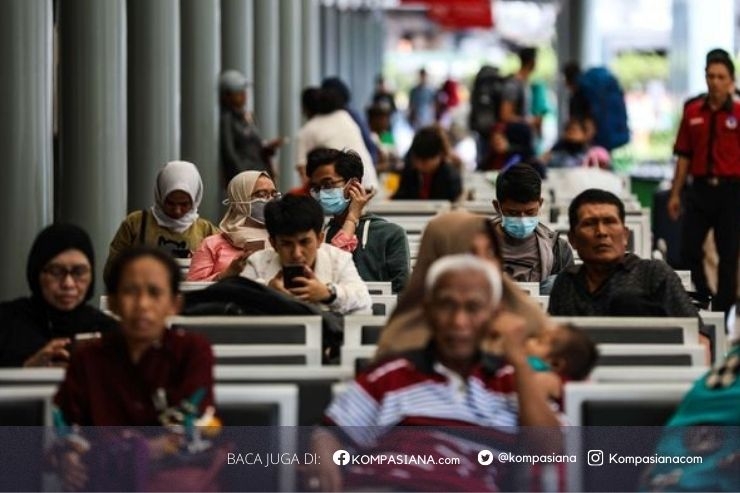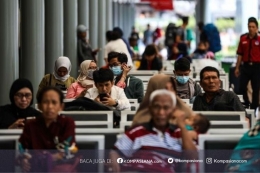Tapera is a program proposed by the Indonesian government to provide housing financing solutions for workers. The policy regarding Tapera has been regulated in Peraturan Pemerintah (PP) Number 21 of 2024 concerning amendments to PP Number 25 of 2020 concerning Tapera as an effort to improve the effectiveness of the implementation and accountability of the management of Tapera funds.
Tapera is designed to provide sufficient funds for the community in order to buy or build a house. Tapera is carried out by participants periodically within a certain period of time and then used for housing finance. Later, housing financing applies through a lease purchase mechanism which is directly regulated by the Badan Pengelola (BP) Tapera.
The existence of Tapera is intended to help low-income people to own a livable house by saving part of their salary. The policy is that their salaries will be deducted 3% with a cost-sharing scheme, namely 2.5% paid by workers and 0.5% paid by employers. Meanwhile, independent workers bear the 3% deduction themselves. Tapera financing includes home ownership, home construction, or home improvement.
Some argue that the existence of Tapera will be very helpful in purchasing a house in the future with an installment system, which means that salaries are deducted but can be used to save and later the money can be used to buy a house. This of course eases the burden of buying a house because the price of a house is not cheap. In addition, this program will also spur the development of affordable houses and provide legal certainty of home ownership.
On the other hand, those who oppose the Tapera policy think that it is less effective and will burden low-income people. Especially with their maximum income of 5 million, with many deductions such as BPJS deductions, taxes, and others, of course this is very heavy and difficult to manage finances.
Another opinion also said that they were not sure that Tapera money would be managed properly in the long term. With many traces of corruption cases in Indonesia, this further makes people not believe that the money can be managed properly and will return to the people. In addition, the 3% rebate is not much compared to the very high price of the house. So, how long will it take to get the house with the 3% rebate?
So, actually Tapera has caused a lot of cons from the community because it is considered to be burdensome with the amount of their salary coupled with many other deductions.
The government should be able to find other ways or ensure that people are really able and willing with this Tapera. The success of Tapera also depends heavily on transparent and accountable management from the government, as well as attention to existing challenges and criticisms. In the future, it is hoped that it will be able to pay attention to how the real conditions of the people are.
Follow Instagram @kompasianacom juga Tiktok @kompasiana biar nggak ketinggalan event seru komunitas dan tips dapat cuan dari Kompasiana
Baca juga cerita inspiratif langsung dari smartphone kamu dengan bergabung di WhatsApp Channel Kompasiana di SINI







